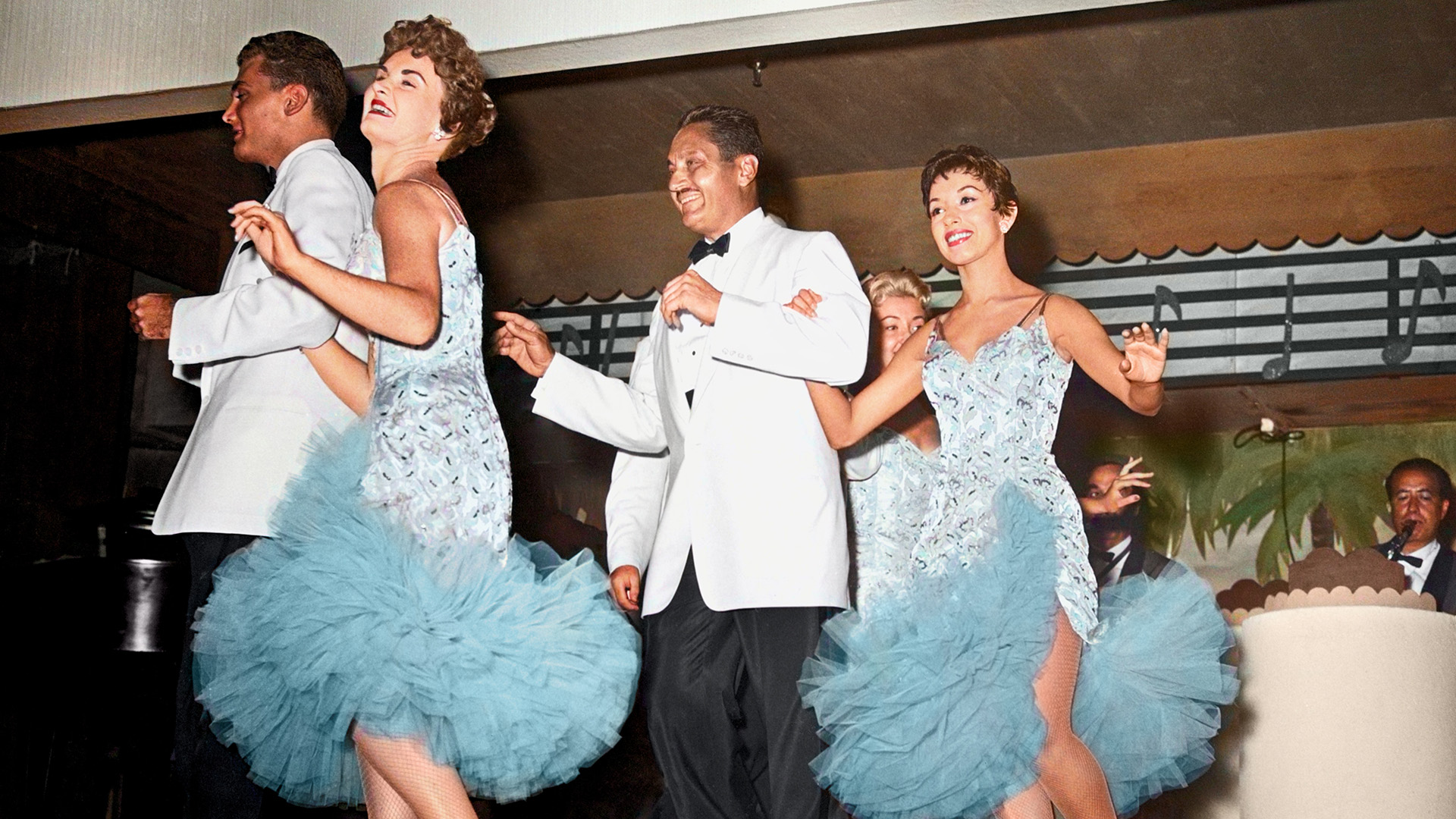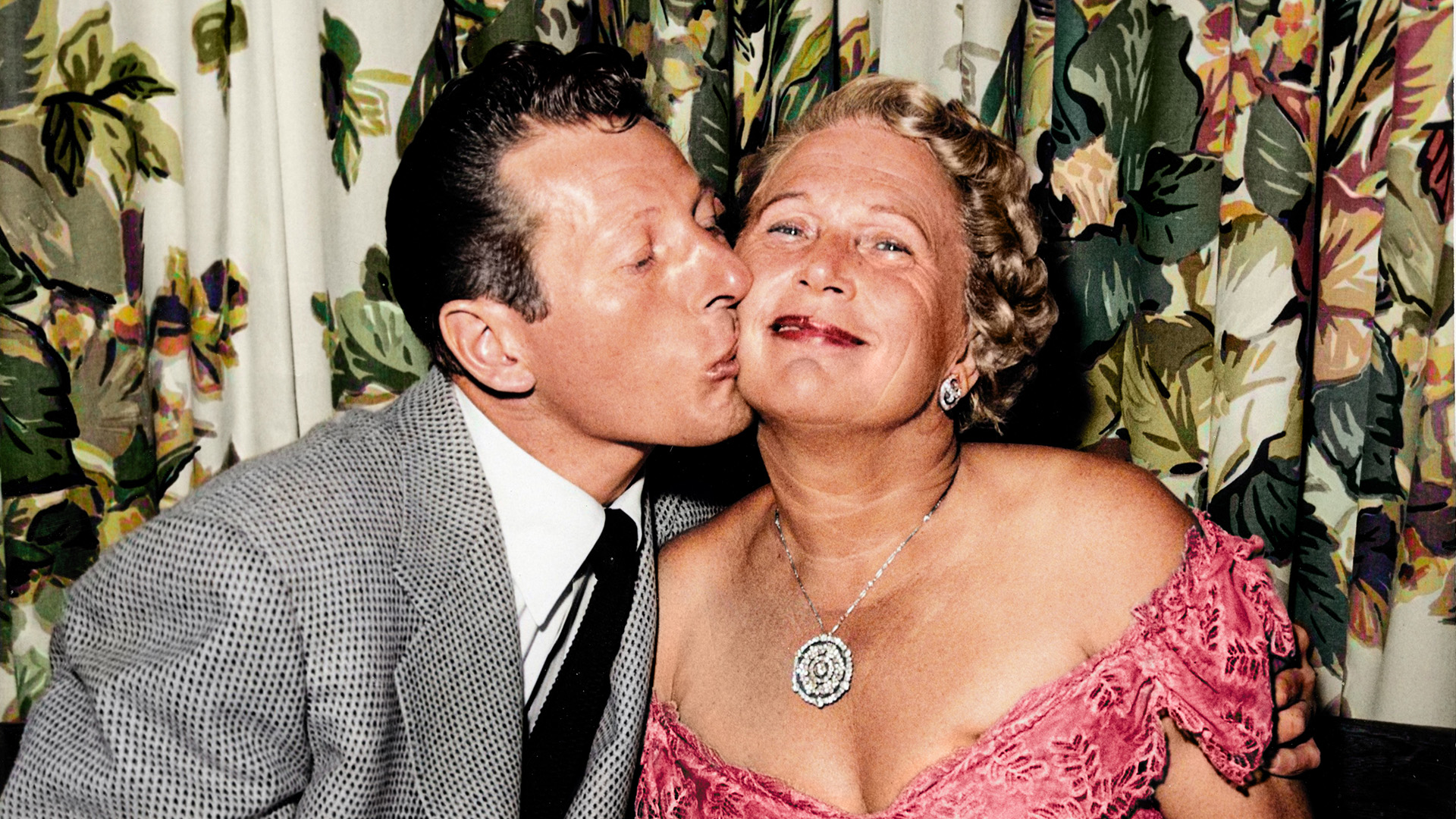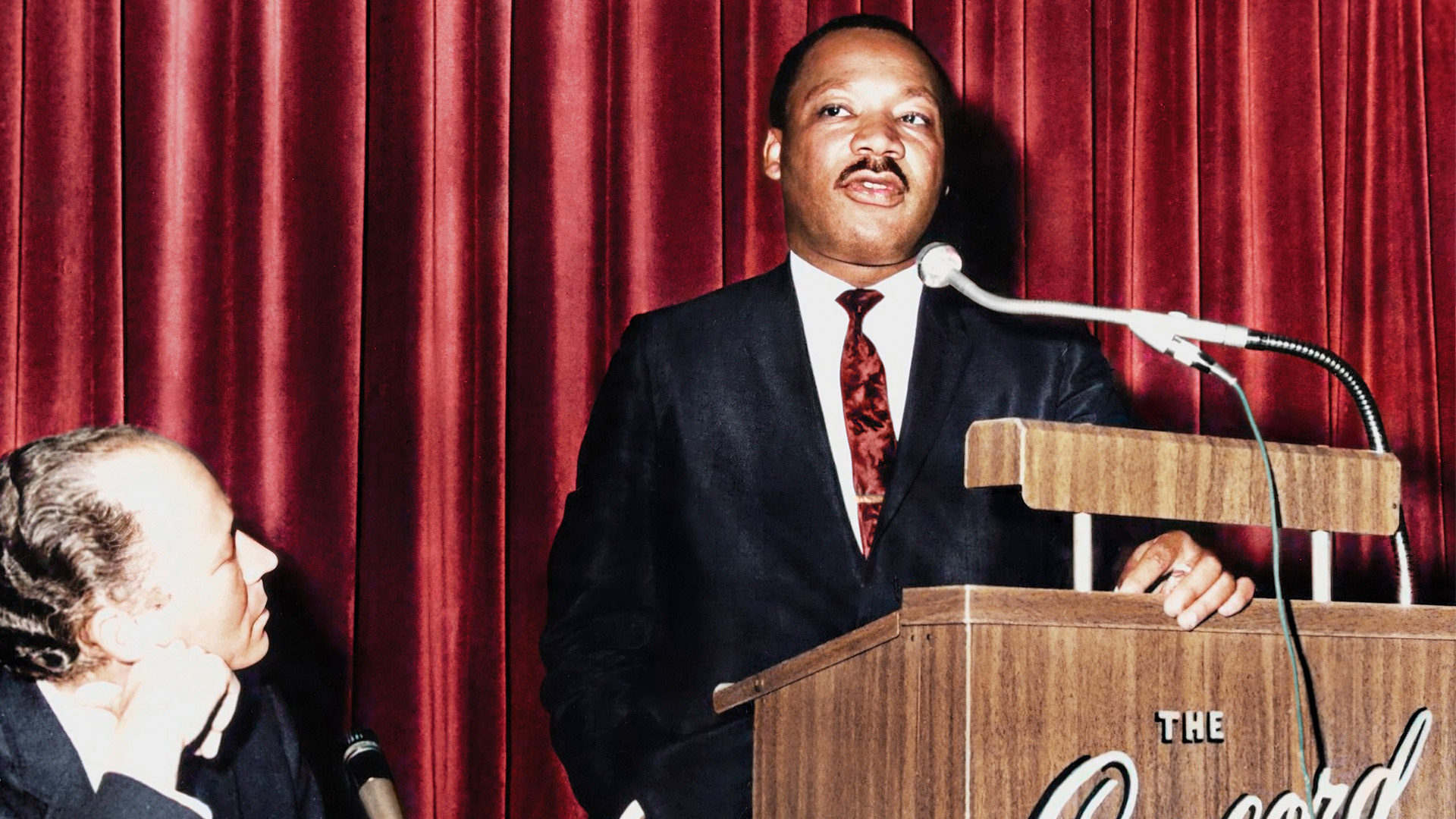The Catskills (Comedy Spotlight)
About the Film
The Piedmont screening of The Catskills is At Rush. A limited number of rush tickets may be available at the door right before show time. Rush tickets are normally sold 10 minutes prior to the screening. People begin lining up for rush tickets 30-45 minutes before showtime.
Comedy Spotlight
Director Lex Gillespie expected to attend
The Catskills is a humorous and nostalgic tribute to what became affectionately known as the Borscht Belt. Stand-up comedians share their best shtick while former waiters, entertainers, and dance instructors recount tales of the family-run resorts and bungalows that inspired films like Dirty Dancing. Featuring home movies, publicity photos, postcards, and menus, this time capsule provides an overview of Jewish immigration to New York going back to the early twentieth century. Director Lex Gillespie (The Mamboniks, SFJFF 2019) maps the development of the vacation destination, from a refuge for working-class Jews seeking a respite from poverty in overcrowded New York City tenements to a lavish summer playground for the affluent. The numerous resorts attracted Holocaust survivors as well as celebrities. Hostesses such as Jennie Grossinger of the famed Grossinger’s Hotel invited politicians and athletes. Nightclubs featured musicians and comics, often fostering new talent and supporting blacklisted artists during the height of McCarthyism. Perhaps most importantly, “the Sour Cream Sierras” became a place of resistance against antisemitic exclusion and a flourishing haven for Yiddishkeit. This delightful film tracks the dramatic influx, peak, and decline of “the Jewish Alps.” From lox to herring, this celebration of Jewish-American life is all you can eat.
Fine Cut Sneak Preview
Filmmaker Bio(s)
Lex Gillespie is a three-time Peabody Award-winning public radio journalist-turned-filmmaker. The Catskills is his second film. His first, The Mamboniks (2019, 90 mins), explored the mambo craze of the 1950s. His features for public radio exposed dangerous jobs in garment factories on the US-Mexico border, chronicled the return of the sacred Blue Lake to the Taos Pueblo in New Mexico, and told the story of a hip-hop opera set in a Korean mom-and-pop corner store.
Sponsored by The Alexander M. & June L. Maisin Foundation



